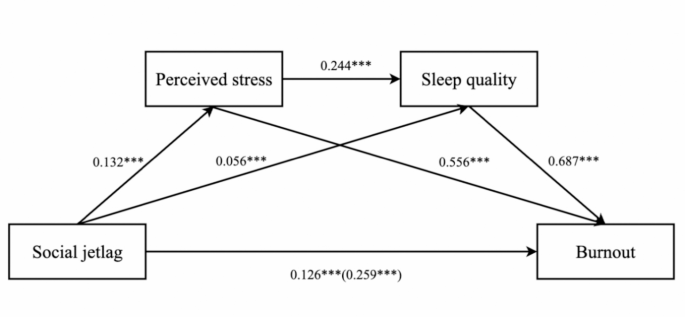Advocate Mshana called for a broader legal definition of charitable activities to enable more organisations to access tax exemptions, allowing greater reinvestment in community development.
“Taxing CSOs on every income limits their ability to serve the public. If granted charitable status, they could expand their reach and deliver more services where they are needed most,” he said.
He also encouraged the TRA to enhance awareness and outreach efforts among CSOs on legal compliance and the benefits of attaining charitable status. In response, TRA Principal Tax Education and Communications Officer, Mr Zakea Kowero, acknowledged the concerns and affirmed the authority’s willingness to work with CSOs to improve understanding and compliance with tax laws.
“One common challenge is the delay in filing tax returns, which attracts a statutory penalty of 300,000/- per month. We encourage CSOs to engage proactively to avoid such penalties,” he said.
Mr Kowero assured stakeholders that the TRA would consider the recommendations and explore potential legal reforms where feasible.
“We expect those with charitable status to use the tax exemptions responsibly directly benefitting communities through access to clean water, healthcare, education and other essential services,” he added.
Ms Esther Msuya of the Msichana Initiative called on the TRA to expedite the charitable status approval process, proposing a maximum processing period of 30 days.
Meanwhile, Executive Secretary of the Tanzania Community Foundation Network (TCFN), Mr Mwadhini Myanza, stressed the need for ongoing education and capacity building for CSOs regarding tax compliance and eligibility for charitable status.
The meeting concluded with a shared commitment to strengthening collaboration between civil society, government institutions and regulatory authorities to build a more supportive environment for domestic philanthropy and sustainable development.










